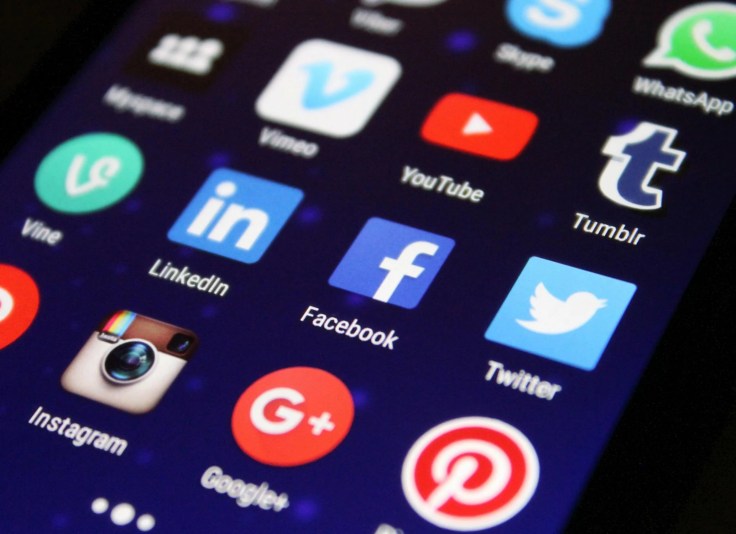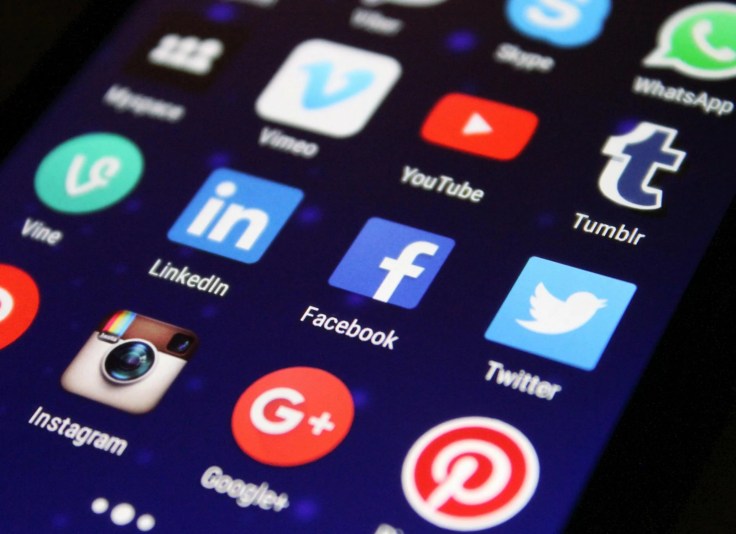Share

Consumers are being urged to exercise caution on platforms such as Facebook and Instagram, as a new investigation by consumer association Which? reveals a proliferation of misleading and potentially fraudulent wellness ads.
A snapshot review in March 2025 uncovered sponsored ads making false medical claims, impersonating medical professionals, faking endorsements and even failing to deliver products after taking customer money.
Among the alarming examples found was an advert targeting diabetics for a “world-first” non-invasive glucose-monitoring detox wristband. Diabetic Denise shared her experience, stating she received a pulse oximeter instead of the promised glucose monitor after being drawn in by the no-fingerprick claim.
Which? found the associated website claiming a 4.8-star Trustpilot rating, while the actual average was a mere 2.4 stars, with numerous complaints of non-delivery or faulty items.
The investigation also exposed ads for a bee venom cream falsely endorsed by medical bodies and promoted by Facebook accounts impersonating renowned dermatologist Dr. Emma Craythorne.
Dr. Craythorne confirmed her non-association, calling the claims “complete nonsense” and expressing frustration over Meta’s perceived inaction despite repeated reports. Other problematic ads included unproven weight-loss patches and unprescribed medical devices.
These findings underscore the pervasive issue of health misinformation on social media, often targeting the vulnerable. While many ads were eventually removed, the associated profiles frequently remained live until Which? directly intervened with Meta.

The consumer association highlights that such ads should fall under the Online Safety Act’s new fraudulent advertising duties, which will make platforms responsible for preventing this content. However, Which? warns that full accountability under the Act may not be implemented until 2027.
Says Lisa Webb, Which? Consumer Law Expert:
“For far too long, some of the biggest online platforms have been getting away with letting scammers run rampant on their sites. Platforms should not wait for these rules to come into effect – they should act now to block these ads appearing in the first place and stop the spread of misinformation.”
She advises consumers to be highly wary of sponsored health and beauty ads and to always verify legitimacy before engaging.
Related Posts
Discover more from Tech Digest
Subscribe to get the latest posts sent to your email.
